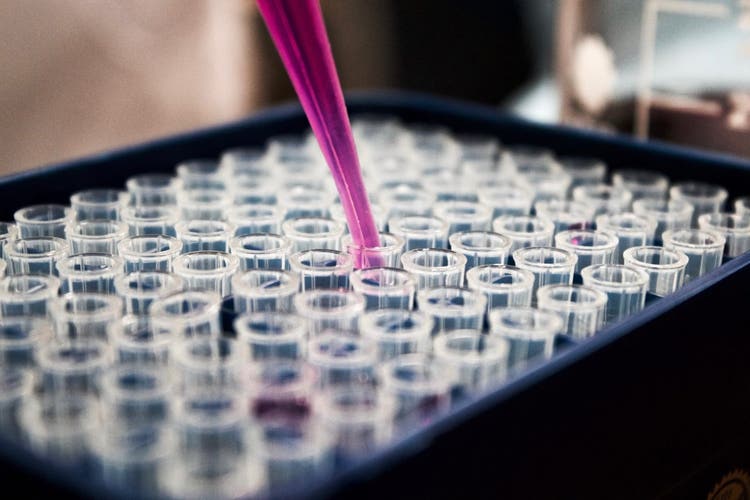News Flash: HIV Cure Possible, Weight Loss and a Food Diary, Youthfulness and Strokes

Every week, we’re bringing you a roundup of the latest health and wellness news to hit the wire. This week, we look at a treatment with the potential to end the AIDS epidemic, a tool to boost your weight loss, and the lowdown on age and stroke risk.
Could an AIDS cure be in sight?
One of the biggest health headlines of the last week was news that a second individual was cured of infection with HIV, the virus that causes AIDS, 12 years to the day after the first patient known to be cured in 2007.
Both cases of remission were the result of bone marrow transplants, intended to cure the two patients of cancer, not HIV. Not only did this most recent transplant cure the patient’s cancer, according to The New York Times, the transplanted immune cells with an HIV-resistant mutation replaced the patient’s vulnerable immune cells, putting him into remission.
While bone marrow transplants aren’t a realistic treatment option given the huge risks and lasting side effects involved, using gene therapy to rearm the body with immune cells similarly altered to resist HIV might be a practical treatment in the years ahead, experts said.
“This will inspire people that a cure is not a dream,” Dr. Annemarie Wensing, a virologist at the University Medical Center Utrecht in the Netherlands, told the Times. “It’s reachable.”
Is a food diary your ultimate weight-loss secret weapon?
New research from Duke University shows that people who logged their food intake daily lost a significant amount of weight—up to 10 percent of their body weight—and it took less than 15 minutes a day to do it.
Participants in the study, published in the journal Obesity, self-monitored their diets with a free app over a six-month period, following no formal diet but receiving weekly nutrition tips from a registered dietitian as well as encouragement to work out.
The most successful study participants—those who ended up losing 10 percent of their body weight—spent an average of 23.2 minutes each day in the first month of logging meals. However, by the time the study ended, the time spent logging had dropped to an average of 14.6 minutes as participants got more adept at identifying and entering their meals. Those who recorded their intake three or more times a day were the most successful.
Ali Webster, Ph.D., RD, associate director of nutrition communications at the International Food Information Council Foundation, told Healthline that many people are “afraid to face the reality of what we’re putting in our mouths.”
When they do, more mindful eating habits follow.
How young is too young for a stroke?
Actor and 1990s heartthrob Luke Perry’s sudden death this week of a massive stroke got people talking about the risk of stroke at any age.
While stroke is the fifth leading cause of death in this country, according to the Centers for Disease Control and Prevention, many fans on social media expressed surprise that Perry had a massive stroke at the relatively young age of 52.
While the risk of stroke does increase with age, the brain swelling from strokes can be more deadly in young and middle-age individuals because their brains have not shrunk, as they do in older adults.
“There is often times no space in the brain for the swelling to happen,” Dr. Salman Azhar, director of stroke at Lenox Hill Hospital in New York City, told USA Today. “That in and of itself can make these strokes more fatal in the young.”
Risk factors for stroke include high blood pressure, high cholesterol, smoking, obesity and diabetes. And African Americans’ risk of a first stroke is nearly twice as high.
The most important thing to know, CDC officials said, is that speed can save lives when a stroke does occur. Those who got to the hospital within three hours of their first symptoms had less disability three months later than those for whom care was delayed.
Photo credit: Louis Reed, Unsplash